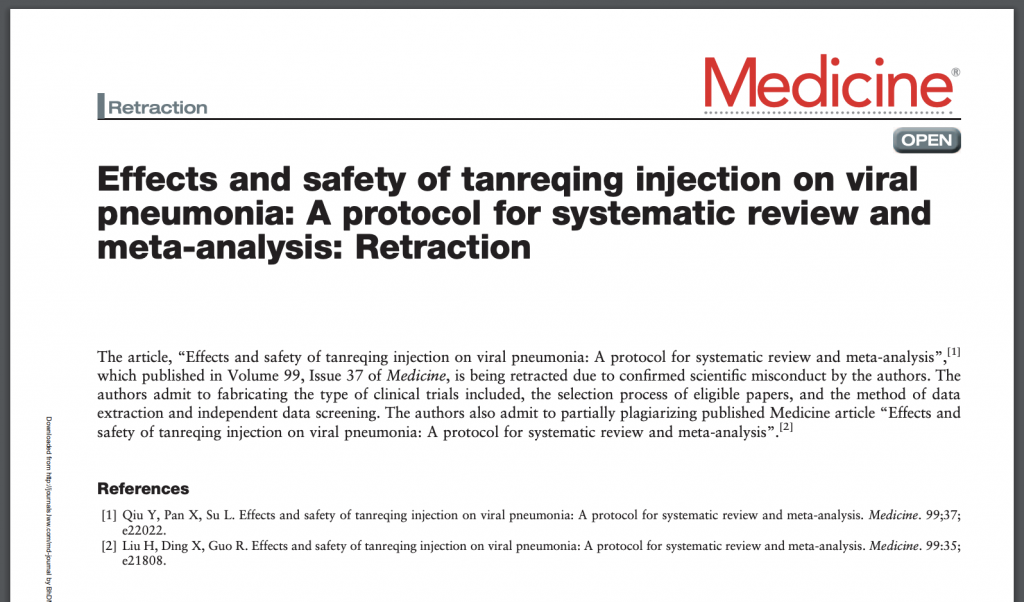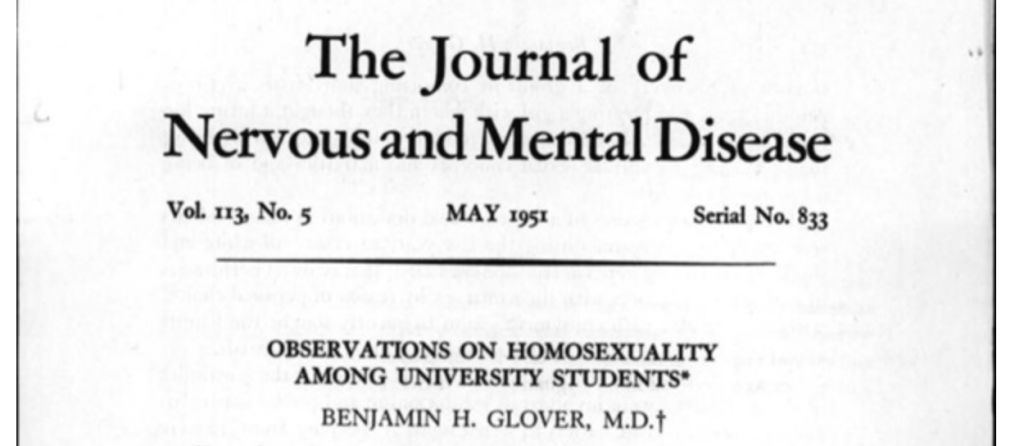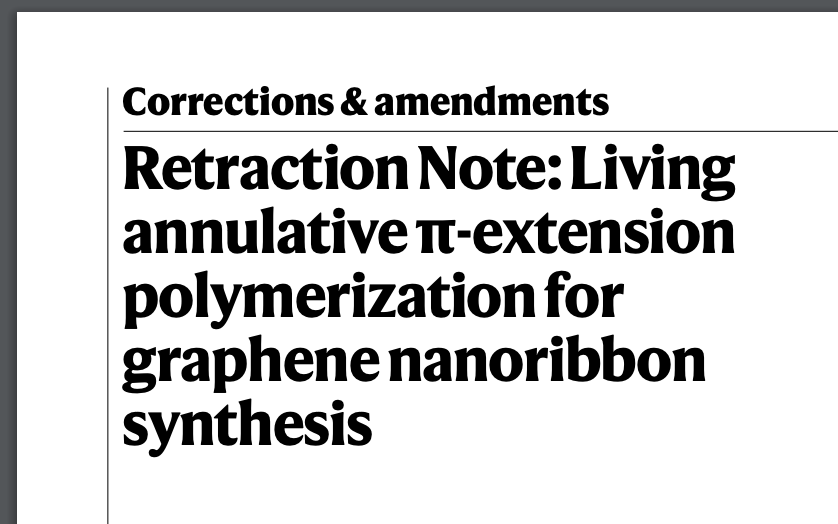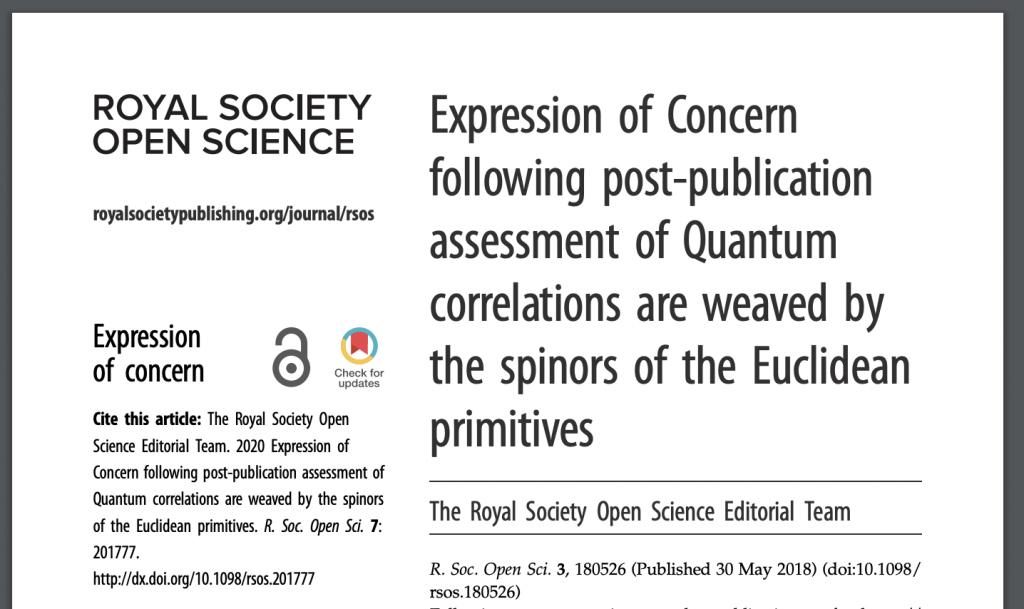
Before we present this week’s Weekend Reads, a question: Do you enjoy our weekly roundup? If so, we could really use your help. Would you consider a tax-deductible donation to support Weekend Reads, and our daily work? Thanks in advance.
The week at Retraction Watch featured:
- Stem cell researchers lose two more papers, making three
- A year after a federal misconduct finding, a cancer researcher loses a paper
- Journal retracts 70-year-old article on homosexuality for “long discredited beliefs, prejudices, and practices”
- COVID-19 pneumonia paper earns expression of concern — for being similar to a pre-pandemic article
- Bad, Medicine: Journal publishes doubly-brutal retraction notice
Our list of retracted or withdrawn COVID-19 papers is up to 39.
Here’s what was happening elsewhere:
Continue reading Weekend reads: Google AI researcher fired after being asked to retract paper; journal accused of stonewalling on paper “used to justify human rights violations;” reflecting on a COVID-19 retraction






